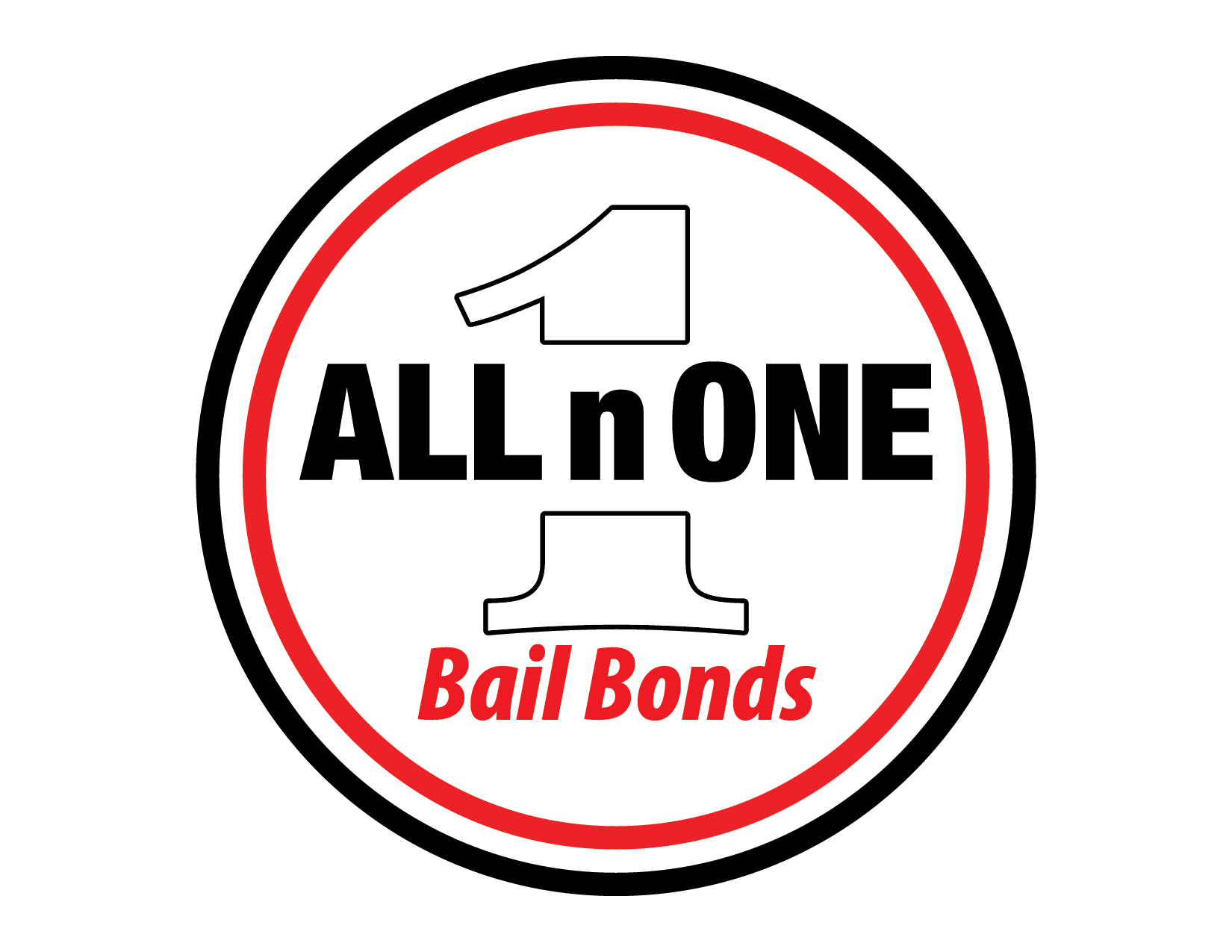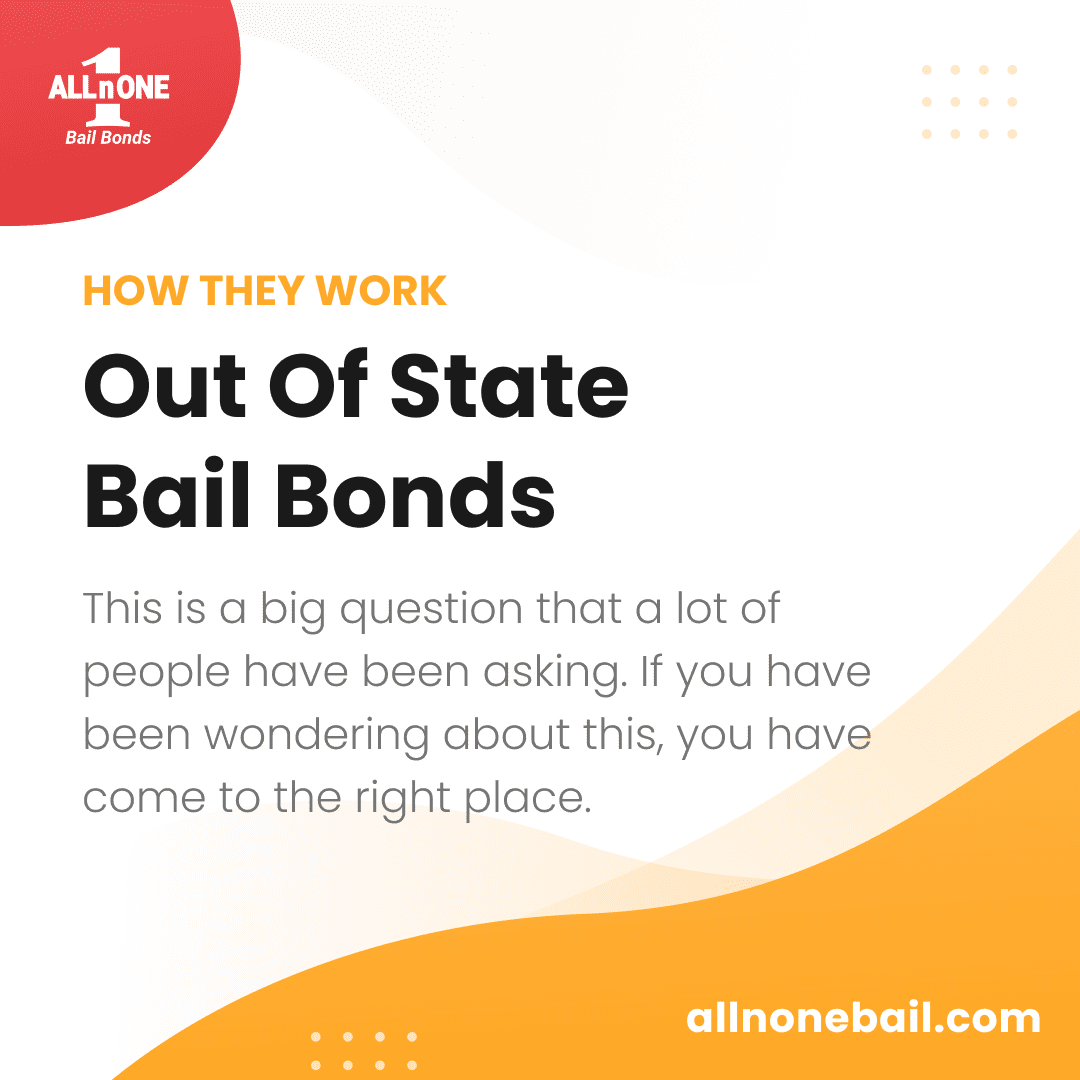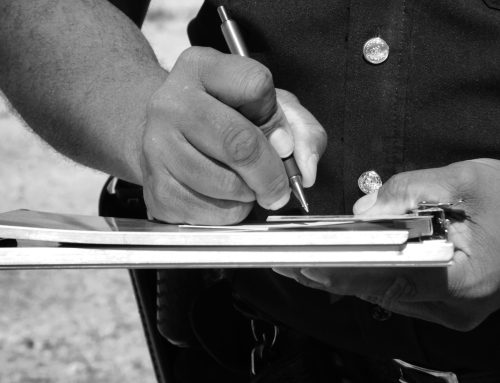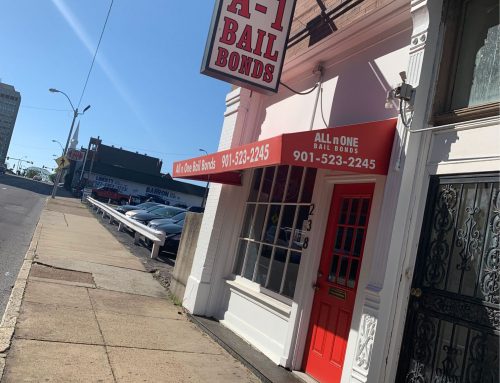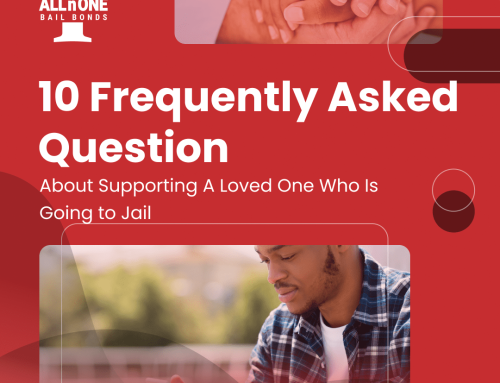How do out-of-state bail bonds work? This is a big question that a lot of people have been asking. If you have been wondering about this, you have come to the right place, as we are eager to explain this important topic. Before we dig into this subject, however, let’s cover a little background information about bail bonds for your reference.
As you may know, bail bonds are an assurance to the court that you’ll honor your court appointments, and with this promise in place, you can get out of jail.
You can pay for your bail bonds in a few different ways. You can post a cash bond, property bond, PR bond, or most popularly, a surety bond (also sometimes called a corporate bond). Surety bonds are handled through a bail bond agency, which pays the bail amount for you. For their services, agencies require a non-refundable fee, usually 10 to 15 percent of whatever the full bail amount is.
For more information about how bail bonds work, check out our article, “How Do Bail Bonds Work in Tennessee?”
Out Of State Bail Bonds
Now, the question remains, how do out-of-state bail bonds work? Although rules vary by state, essentially, these types of bonds work the same way as regular bail bonds, except that they can be more complicated.
One hurdle you’ll have to overcome when dealing with out-of-state bonds is that bail bond agencies prefer working locally, as there is a significant chance that a person living out of state won’t keep all their court appointments. This presents a considerable flight risk that ultimately complicates issues for your bail bond agency. Not surprisingly, bail bond agencies are hesitant to pay the bail amount if they feel like the defendant won’t follow all of the court’s requirements.
Transfer Bonds
If you or a family member are in this situation, fortunately, you do have an option. It is called a transfer bond. These are used when two bail bond agencies (one in the area where you were arrested and the other in your home state) work together to post your bond. The process for these bonds can take longer than regular ones, and you’ll need to cooperate with the two agencies, providing the name of the jail you’re in, the bail amount, what you were arrested for, and so on.
Given the potential flight risk, you’ll also most likely need a family member to help secure your bond via collateral. Many bail bond agencies will take collateral from you to recoup their losses if you skip out on court. Since you can’t secure collateral from jail, that’s where your family comes in.
If you’d like to know more, feel free to give us a call at (901) 523-2245.
Can You Go Back To Your State?
The answer depends on what occurred. You will need to pay close attention to the demands the court is making and make sure you talk to your attorney about how to proceed! We can’t stress this enough. Failing to follow the court’s demands can result in a bench warrant being issued. If you work with us, we’ll encourage you to listen to your attorney and also provide any input we can regarding your situation.
Are Transfer Bonds The Same Thing As Federal Bonds?
There is a difference between state bonds and federal bonds. Since federal bonds come from a federal district court, they are not the same thing as transfer bonds that occur between agencies in different states.
